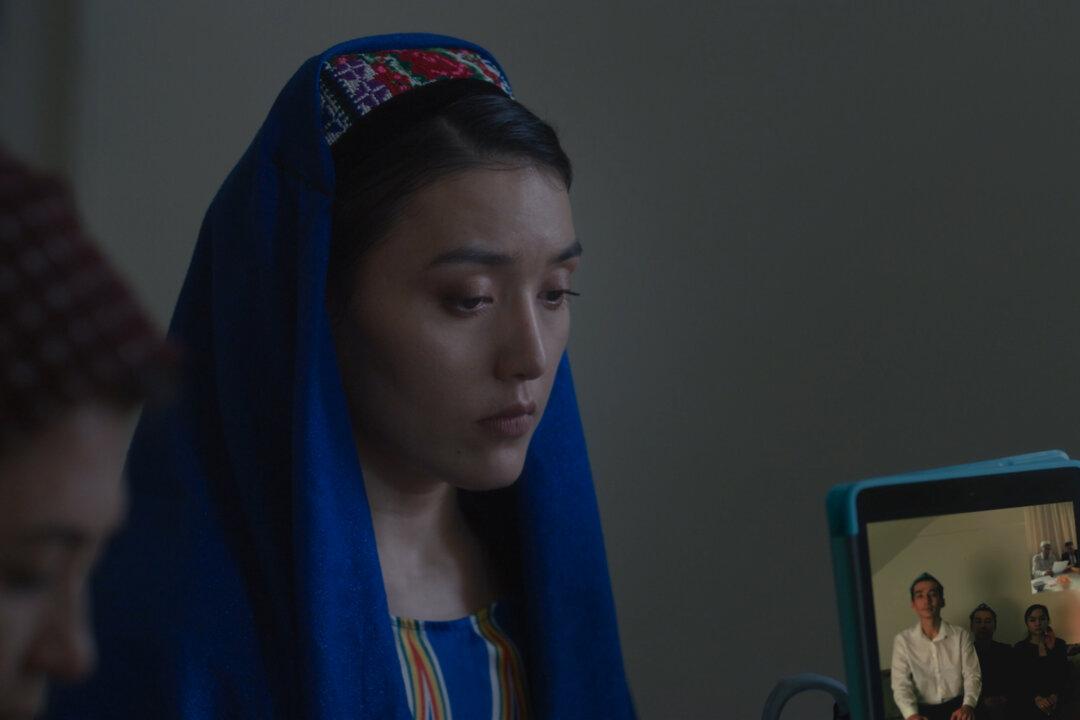NR | 56m | Drama | 2023
Prior to 2017, an older Uyghur sister like Dilber would likely face social embarrassment if her younger sister married before she did. Starting that year, such spinsterhood became much more perilous, because more and more unwed Uyghur women were forced to marry ethnic Han Chinese.





